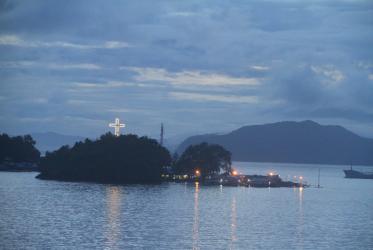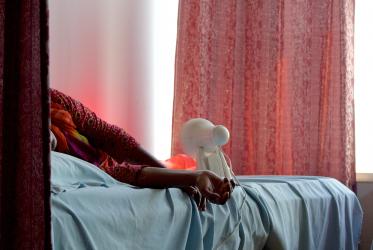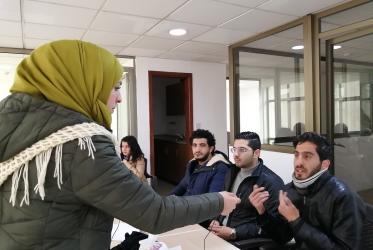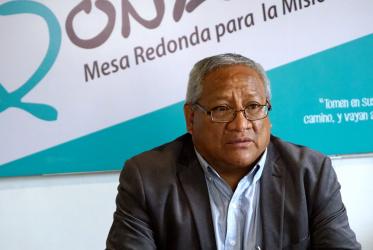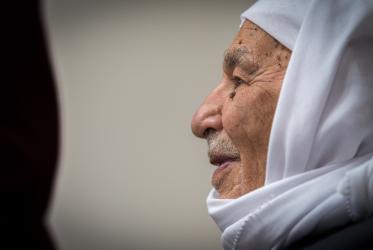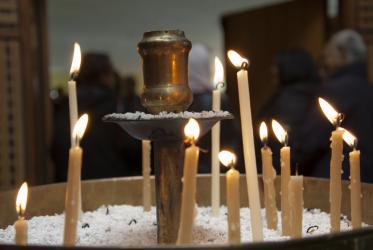Displaying 1 - 20 of 114
Migrants in Argentina find listening ears and open hearts
04 November 2022
Promoting human dignity through art
06 September 2022
WCC podcast deals with death and dying
15 December 2020
In a COVID-stricken world, “everyone is important”
23 October 2020
Are migrants seen and heard? Conference presses the question
19 October 2020
CCIA meets in Brisbane with focus on Pacific regional priorities
19 February 2020
The cry of the Papuans in Indonesia
14 November 2019
A faith-based, holistic approach to HIV and AIDS-care
13 March 2019



